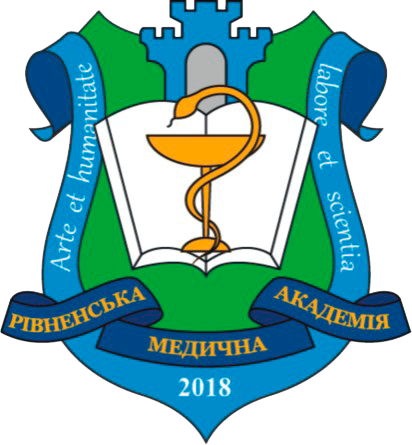COMPETENT APPROACH IN LEARNING A FOREIGN LANGUAGE BY STUDENTS OF MEDICAL SPECIALTIES OF INSTITUTIONS OF HIGHER EDUCATION
DOI:
https://doi.org/10.32782/health-2023.2.7Keywords:
competence, competency based approach, foreign education, future medical worker, communicative activity.Abstract
The article examines the main theoretical aspects of the competency based approach to foreign language learning for students of medical specialties at higher educational institutions. Different approaches to the interpretation of the concepts of “competence”, “communicative competence”, “foreign communicative competence”, “competent approach” have been analyzed. Competence is defined as a holistic quality of the person, which, based on knowledge, abilities, skills, personal qualities, reflects the desire, readiness and ability to solve problems of real practical activity. The main components of foreign language competence are characterized: grammatical (vocabulary, spelling rules, construction of sentences); sociolinguistic (description, message, belief); discursive (ability to speak); strategic (ability to use verbal and non-verbal means). The principles of implementing the competence approach in foreign language learning are analyzed: the principle of rational use of the vocabulary minimum; the principle of kinship of linguistic phenomena of Latin and English languages; the principle of targeted presentation of lexical units in the educational process; the principal of taking into account linguistic properties of lexical units; the principal of complex solution of didactic and methodological problems in the field of vocabulary learning. It was determined that the most effective technologies for the formation of foreign language professional communicative competence in teaching English are interactive activities. And therefore, the activity foreign language teacher in medical institutions of higher education should be accompanied by fully selected modern teaching methods and technologies, the latest methods of teaching a foreign language.
References
Бреус О. Шляхи формування іншомовної професійної комунікативної компетентності студентів медичних коледжів у процесі викладання англійської мови. Young Scientist. 2017. № 7. С. 264.
Білецька Л. Вправи для формування англомовної медичної компетентності майбутніх лікарів у процесі професійно орієнтованого читання. Іноземні мови. 2014. № 3. С. 29.
Завалевська О. В. Інтерактивні методи формування професійного самоусвідомлення майбутніх фахівців вищих навчальних закладів. Наука і освіта. 2009. № 7. С. 68–71.
Загальноєвропейські Рекомендації з мовної освіти: вивчення, викладання, оцінювання / наук. ред. укр. вид. докт. пед. наук, проф. С. Ю. Ніколаєва. Київ : Ленвіт, 2003. 273 с.
Компетентнісний підхід у сучасній освіті: світовий досвід та українські перспективи: Бібліотека з освітньої політики / заг. ред. О.В. Овчарук. Київ : «К. І. С.», 2004. 112 с.
Кухта І. Іншомовна компетентність у контексті формування комунікативної культури студентів у процесі вивчення іноземної мови. Вісник Вінницького політехнічного інституту. 2008. № 4. С. 27–33.
Марущак О. Поняття компетентності у педагогічній діяльності. Академія міжнародного співробітництва з креативної педагогіки «Полісся». 2016. № 11. С. 97–108.
Ніколаєва С. Цілі навчання іноземних мов в аспекті компетентнісного підходу. Іноземні мови. 2010. № 2. С. 11–17.
Родигіна І. Формування основних груп компетентнстей учнів: продуктивне навчання. Директор школи, ліцею, гімназії. № 1. 2006. С. 27–32.
Richards J., Rodgers T. Approaches and Methods in Language Teaching. (2nd edition) Cambridge University Press, 2001. Рp. 141–149.





